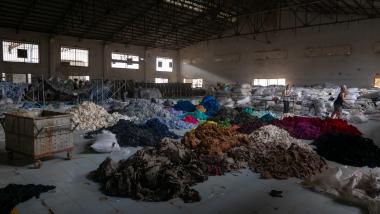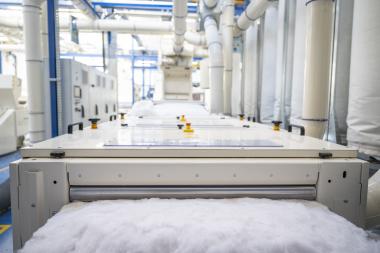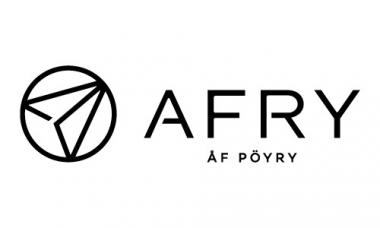TEXAID installiert intelligente Sortierstationen von circular.fashion
Digitale Produktpässe können nun in der größten Sortieranlage von TEXAID mithilfe der intelligenten Sortierstationen von circular.fashion verarbeitet werden. Die Sortierstationen nutzen RFID- und NFC-Technologie, um die Qualität und Konsistenz der manuellen Sortierung zu verbessern.
Digitale Produktpässe (DPP) wurden von der EU als einer der wichtigsten Voraussetzungen für die Kreislaufwirtschaft bei Mode und Textilien anerkannt. Das Technologieunternehmen circular.fashion ist in diesem Bereich ein Vorreiter und hat schon 2018 die circularity.ID auf den Markt gebracht. Mit den neu entwickelten Sortierstationen kann nun erstmals eine ID-basierte Alttextilsortierung implementiert werden.
Die ID-basierte Sortierung optimiert den manuellen Sortierprozess für die Wiederverwendung und das Recycling, indem sie den sortierenden Personen erweiterte Daten zur Verfügung stellt, um präzisere und zuverlässigere Entscheidungen zu treffen. TEXAID hat mit der Einführung dieser Technologie die europäische Kapazität zur Verarbeitung von DPPs erhöht.
Die Installation und Prüfung der neuen intelligenten Sortierstationen von TEXAID wurden kurz vor den Sommermonaten erfolgreich abgeschlossen. Erste Testergebnisse zeigen, dass die ID-basierte Sortierung die Sortierentscheidungen zuverlässiger und konsistenter ausfallen lassen kann. Das Team sieht außerdem das Potenzial, durch die ID-basierte Sortierung die Schulungskosten für neue MitarbeiterInnen zu senken und den Wert ihrer Sortierentscheidungen zu maximieren. Diese Fortschritte wurden im Rahmen des CIRTEX-Projekts erzielt, das durch das Förderprogramm KMU Innovativ des deutschen Bundesministeriums für Bildung und Forschung (BMBF) finanziert wurde.
Marken und Einzelhändler haben die Möglichkeit, die circularity.ID als digitalen Produktpass zu übernehmen und Textilprodukte zur ID-basierten Sortierung an TEXAID zurückzusenden.
Texaid circular.fashion Digitale Produktpässe Kreislaufwirtschaft Alttextilien
Texaid



















